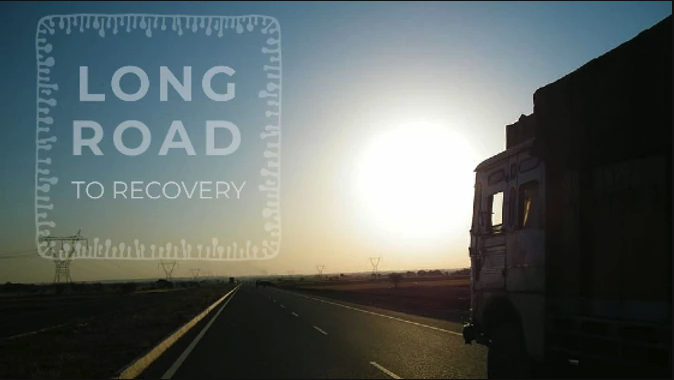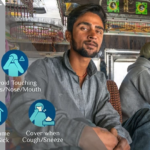Road transportation in India shows early signs of resumption of operation amidst (COVID-19) outbreak. Logistics and road transportation business collapsed to a virtual halt after COVID-19 lockdown crippled factory and industrial output. According to industry sources, freight movement has slowly increased to 20% of normal levels. Thanks to easing of restrictions at state borders for transportation of non-essential goods.
The trucking industry has been experiencing its share of severe disruptions: Truckers strike, shortage of drivers, economic slowdown, the aftermath of floods and the BS4/BS6 transition. Yet the shutting of state borders and nationwide lockdown is something new.
While the truckers are working around the clock to resume operations in a phased manner, with certain norms and conditions, it’s more arduous to get back to business as usual.
Stranded Trucks: In the first phase of lockdown, trucks stranded at state borders for weeks. Some of the drivers have left the vehicles in a parking bay with cargo (not secured) and returned. Others did the same thing at destination point due to non-availability of labour/ equipment for unloading. The condition of these trucks and cargo is unknown, and the owners have no idea how to reach them in the current scenario.
Shortage / Movement of Drivers: Many truck drivers returned to their home states on the imposition of nationwide lockdown due to Covid-19. They are not ready to come back, as the virus is spreading fast in urban areas. Also, bringing them back to work is a big challenge when there is a restriction on interstate public transportation.
The other challenges include labour scarcity, lower demand – factories operating in minimal capacities, frequent checks and often hostile local authorities and lack of food and stay facilities in transit.
On the shipper side, any rush to return to normalcy could lead to the doubling or tripling of inland transportation costs. Already, the spike in demand for essential goods has led to a drastic increase in prices. Both shippers and truckers will need to plan. Also, they have to adopt stringent policies to avoid the spread of the virus.
The resumption of operations is slow also because of strict measures imposed by local authorities to tackle the virus. As a result, normal activities for most factories and businesses will resume in a staggered manner.


